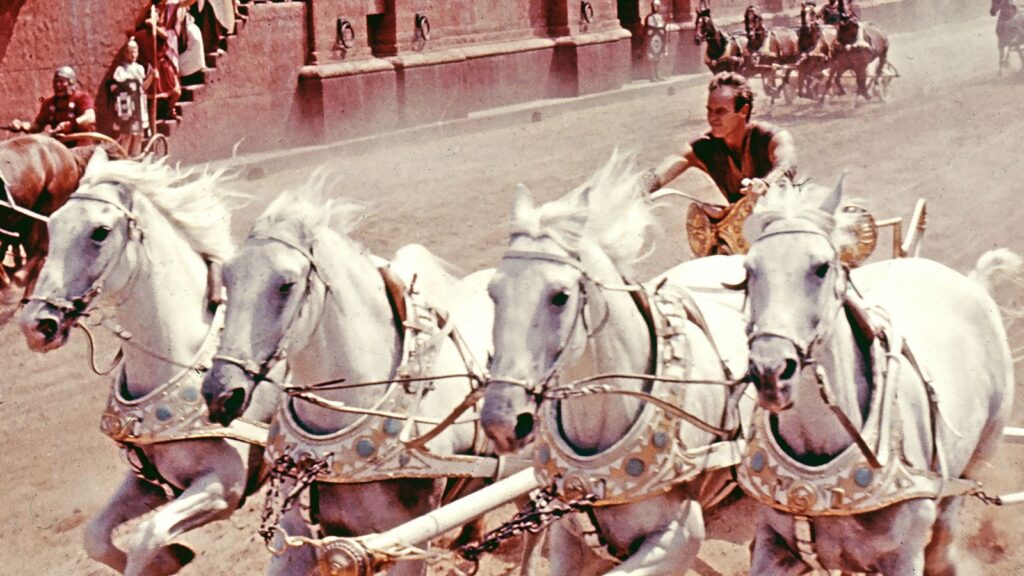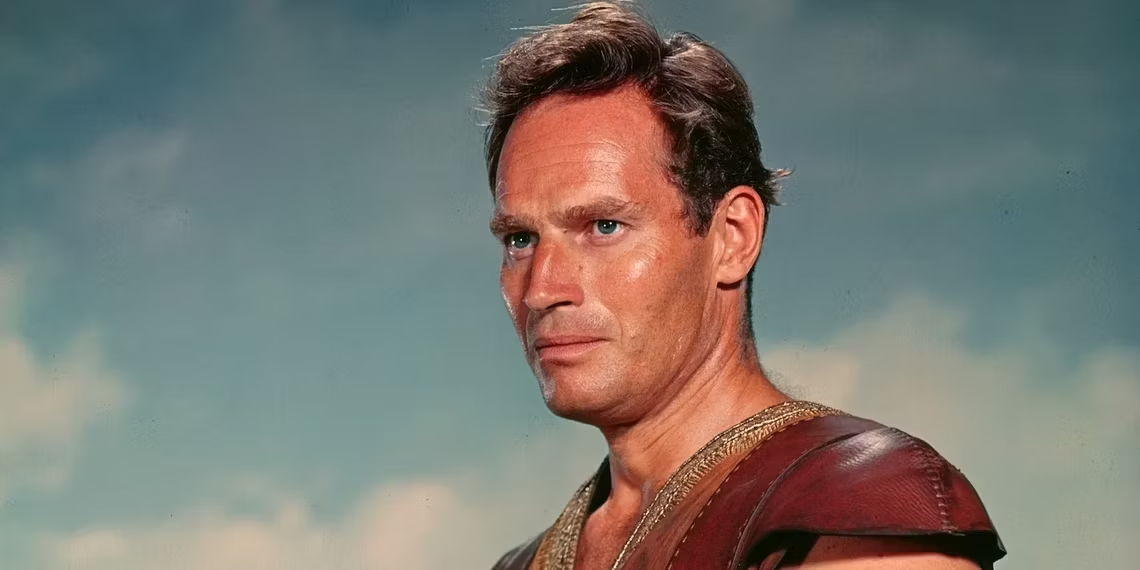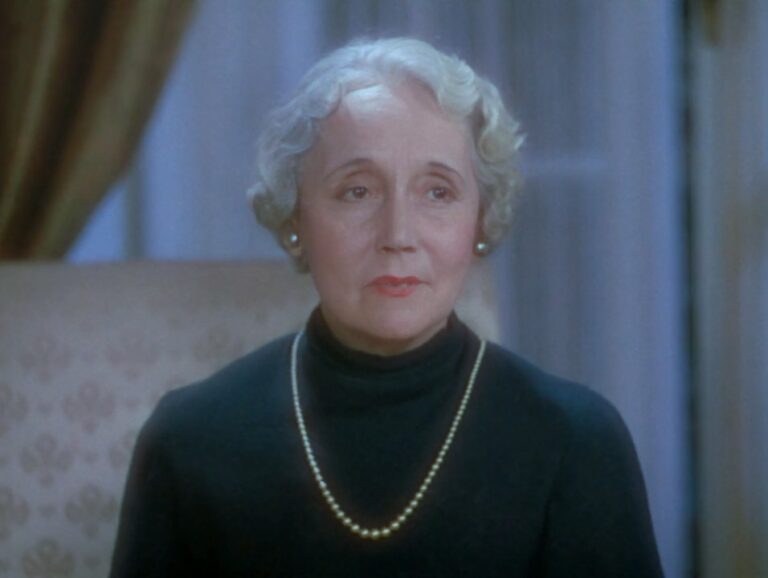William Wyler: The Master of Classic Hollywood Cinema
William Wyler, one of Hollywood’s most esteemed directors, crafted some of the most enduring classics in film history. Known for his meticulous attention to detail and profound storytelling, Wyler’s films have left a lasting legacy on the world of cinema. From his innovative techniques to his celebrated works, here’s a closer look at the intriguing facts about William Wyler that showcase his remarkable contributions to the film industry.
1. A Pioneering Director
William Wyler’s career spanned over four decades, during which he directed more than 70 films. His directorial prowess was evident in his ability to handle diverse genres, from intense dramas to sweeping epics. Wyler’s meticulous approach to filmmaking earned him a reputation as a perfectionist, and his attention to detail contributed significantly to his films’ critical and commercial success.

2. Oscar Record Holder
Wyler’s directorial talent was recognized by the Academy of Motion Picture Arts and Sciences with numerous accolades. He won three Academy Awards for Best Director, a feat matched only by a few. His Oscar-winning films include Mrs. Miniver (1942), The Best Years of Our Lives (1946), and Ben-Hur (1959). The latter, an epic historical drama, is renowned for its spectacular chariot race scene, which remains one of the most memorable sequences in film history.

3. A Master of Adaptations
Wyler was known for his skillful adaptations of literary works. His ability to translate complex narratives from page to screen was evident in films like Wuthering Heights (1939) and The Heiress (1949). Wyler’s adaptations were praised for their fidelity to the source material and their ability to capture the essence of the original stories while adding his unique cinematic touch.
4. Influence on Acting
William Wyler was renowned for his work with actors. He had a remarkable ability to elicit powerful performances from his cast, often pushing them to deliver their best work. His collaboration with Bette Davis in Jezebel (1938) and his work with Charlton Heston in Ben-Hur are prime examples of his talent for drawing out compelling performances.
5. War Hero and Humanitarian
Beyond his cinematic achievements, Wyler’s contributions during World War II were significant. He served as a war correspondent and directed several documentaries that captured the harsh realities of war. His work during this period demonstrated his commitment to using his craft for important social and humanitarian causes.
6. A Legacy of Innovation
William Wyler’s innovative approach to filmmaking has influenced generations of directors. His use of deep focus, attention to character development, and dedication to realism set new standards in the industry. Wyler’s films continue to be studied for their technical and narrative excellence, and his impact on the craft of directing remains profound.
Wyler’s career was marked by a dedication to excellence and an unwavering commitment to storytelling. His films not only entertained audiences but also pushed the boundaries of what cinema could achieve. As we celebrate William Wyler’s legacy, we honor a director whose work remains an enduring testament to the art of filmmaking.






